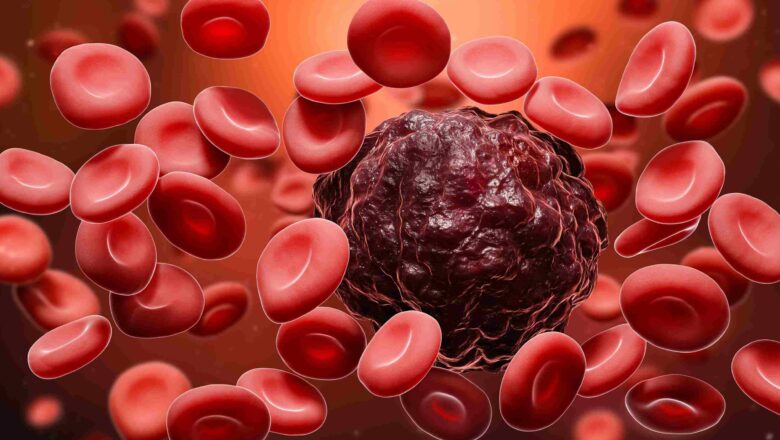
The Impact of Air Quality on Respiratory Health
The impact of air quality on respiratory health is an important issue for human health. Air pollution has become a serious environmental problem worldwide.This pollution occurs for many reasons. As a result of increased pollutants in the atmosphere as a result of industrial activities, vehicles, energy production and other human activities.
Major components of air pollution include particulate matter (PM), carbon monoxide (CO), nitrogen dioxide (NO2), sulfur dioxide (SO2) and ozone (O3). These pollutants can damage the respiratory system and cause serious health problems.
In this article, we will discuss the relationship between air pollution and respiratory health in detail. We will examine the causes, consequences and measures that can be taken to prevent this effect.
Air Poll...



